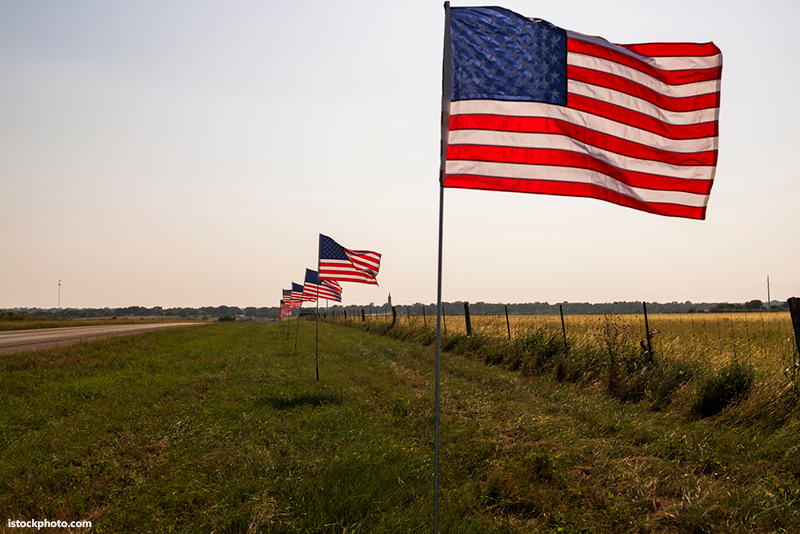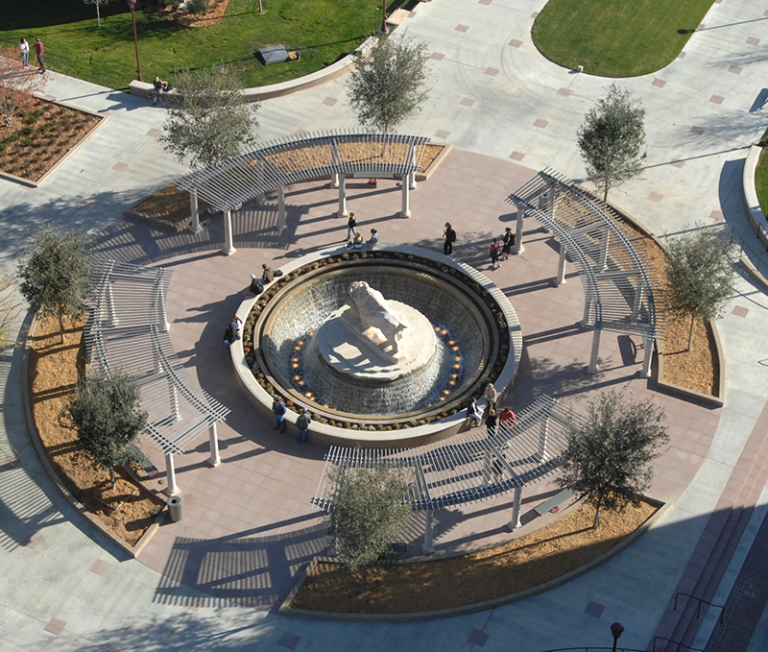
Properly understood, conservatism is not an ideology, but a disposition oriented towards preserving cultural memory, moral order and society’s inherited institutions. At its core lies the principle of continuity: the belief that present generations are not self-originating but heirs to traditions of thought, practice and responsibility.
On June 21, 2021, I shared that West Texas A&M University was Texas’s most conservative public university. Voting records in presidential election years in the 21st century support this perspective. An imprecise calibration, to be sure. However, no other county, home to any Texas public university, is more conservative-leaning than Randall County, WT’s home. Equating conservatism with voting patterns is sketchy at best, a coarse calibration, but challenging to indifferently discount and more meaningful than prophecy founded on Reddit, Facebook or Instagram.
WTAMU is America’s most conservative public or private university within its recently recognized, nationwide Carnegie Classification. This newly established designation includes 216 research colleges and universities (RCUs). According to Dave Leip’s Atlas of U.S. Presidential elections, WT’s home county is one of the most politically conservative hosts to a university of any stripe, nationwide. In all presidential elections of the 21st century in the United States, Randall County voted on average 80.84% Republican, the highest concentration of such voters in any of the 216 RCU counties in America. Two Washington D.C. universities hold a 21st-century voting average, which marks the other end of the spectrum, with 6.62% of the vote being Republican (Gallaudet University and University of the District of Columbia).
Politics, partisanship and ideology aside, this is about vision, virtues and values, which are the substance of stability, even in its (stabilities) inherent imperfections of permanence. Philip Roth noted through Nathan Zuckerman, the narrator in the novel The Human Stain, “The human stain, yes. The stain that is there before its mark.” The people served have distinctive vision, virtues and values, even when flawed by what Christian theology calls Original Sin. Identity groups, partisan or otherwise, cannot cleanse us of the human condition.
A healthy conservatism understands reform is sometimes necessary but insists it should be careful, rooted in what works and respectful of the past. The 20th-century American intellectual Russell Kirk said, “Prudence is the chief virtue for statesmen.” This is not the virtue of conservatism held by contemporary electioneering, the 24-hour news cycle and, in contrast to popularly defined “liberalism,” easily translated into state-ism. Instead, it is a life with a deeper foundation.
The idea of continuity resonates deeply at WT, which seeks to strengthen civic understanding by rooting American life in the principles of our nation at its birth and the enduring wisdom of the Western tradition. Conservatism is not a political tactic but a cultural and moral orientation that affirms the continuity of ideas, institutions and values that have shaped the American civic tradition for nearly 250 years.
Conservatism is ultimately stewardship. Kirk argued that conservatism is about seeing ourselves as part of a long moral and cultural chain. We are not the authors of civilization from scratch or stewards of a heritage: customs, institutions, laws and stories that shape our freedoms. American liberty is not merely the product of individual will or modern innovation but of centuries of thought and sacrifice stretching back to Athens, Jerusalem and the Enlightenment, and crystallized in the American genesis. It makes our nation exceptional
Intergenerational contracts across families, communities, regions and states create and sustain a functioning constitutional republic and are simultaneously the glue and the fuel for a powerfully free society. Edmund Burke’s insight that society is a contract “between those who are living, those who are dead and those who are to be born” echoes strongly in The Hill Institute at WT. Constitutional insight reveals that a healthy republic requires recognizing the wisdom and want of the past while preparing the moral and intellectual foundations for future generations
Tradition, culture and civic virtue are the social bedrock of our nation. In “Notes Towards the Definition of Culture,” T.S. Eliot shared that cultural memory is preserved through policy, practice, families, communities, education and faith. Civic virtue cannot be legislated into existence; it must be cultivated through habits and institutions that transcend any generation.
Similarly, Michael Oakeshott believes the conservative disposition prefers “the familiar to the unknown, the tried to the untried.” This is not an aversion to progress but a recognition that progress without roots is often destructive—the cult of novelty over thoughtful pragmatism. Well-prepared students are not just citizens of the moment but engaged in civic and vocational life with a deep appreciation of the tested ideas that sustain ordered liberty while simultaneously looking forward.
Continuity without complacency is the goal. As Kirk noted, conservatism is not static; it allows for reform, which is measured, prudent and grounded in the permanent things. Likewise, the principles of liberty, justice and civic responsibility must be renewed in each generation, but always with reverence for the constitutional framework and moral vision that made America possible. WT is a public university, mandated by our founding mission as a teacher’s college. Continuity is a civic responsibility, the strand of America’s DNA, not a relic but a living principle. The Hill Institute’s mission is to pass on the inheritance of self-government, civic virtue and ordered liberty so that each generation can build a strong and enduring foundation. Not reactionary, not partisan, but intellectual and civic responsibility.
WT is preparing engaged citizens to live and work in the region we call home, which is our duty as a public-serving regional research university.
Walter V. Wendler is the President of West Texas A&M University. His weekly columns, with hyperlinks, are available at https://walterwendler.com/.




